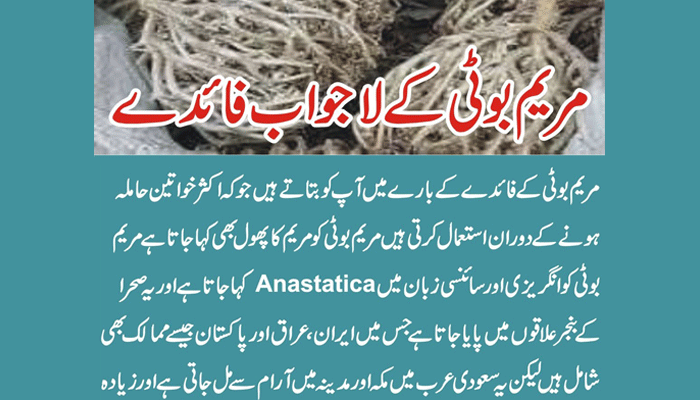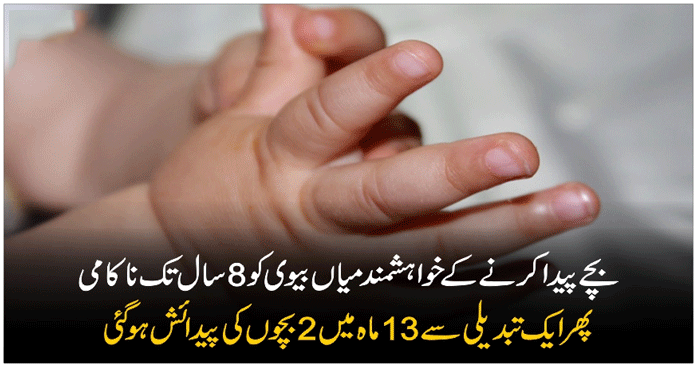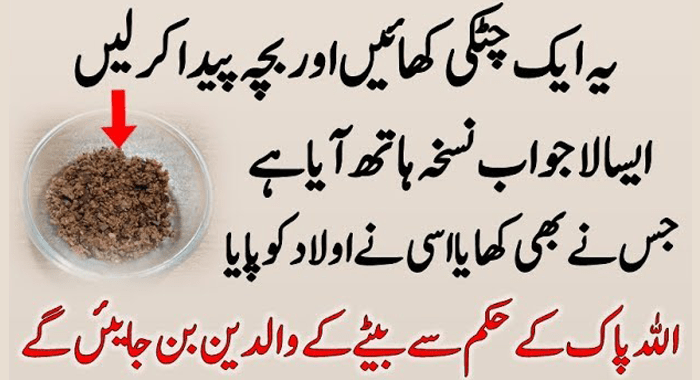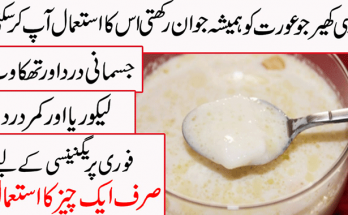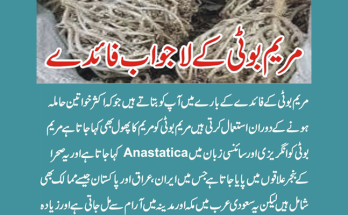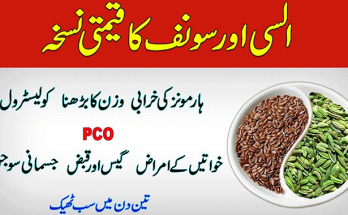
If you and your partner want to conceive – you should both attempt to make some dietary changes. Eating different foods can help to increase your sperm count or correct a hormonal balance during menstruation. Making the changes before trying to conceive will provide many benefits and increases your chances of extending your family.
Here, in a piece for Healthista, pregnancy and nutritional therapist Henrietta Norton reveals the eight best ways to boost your fertility through diet and lifestyle. During the months before becoming pregnant, eggs mature and sperm cells develop before being ready for ejaculation.
Increase Your Chances of Having a Baby
Eating a nutritious diet during this time greatly influences the quality and efficiency of this process and gives you an even greater opportunity to create a healthy pregnancy. Making dietary changes and improving nutrient stores may also help to correct factors that may be affecting your ability to conceive, such as a low sperm count in men or hormonal imbalances during the menstrual cycle in women.
Studies have shown that couples who have made changes to their diet and lifestyle improved their chances of having a healthy pregnancy and baby by 80 percent.
Eat Protein With Every Meal
Protein provides the building blocks of the body and is especially important for hormone production and healthy cell development. Good sources of protein include free-range poultry, eggs, yogurt, fish such as wild salmon and trout, lentils, nuts, seeds, quinoa, and grass-fed red meats.
If you are vegetarian, combining pulses and grains provide the optimum amount of vegetarian protein. High protein sources are ideal providers of iron and of the amino acids L-methionine, L-arginine, and Co-enzyme Q10. Pulses are also excellent sources of folate.
Healthy Fats Are Important
Healthy fats are vitally important for health and fertility as they support hormone production and healthy cell formation. You will find them in avocado, linseed oil, nuts, seeds, and fresh oily fish.
However, limit oily fish to three portions a week because they may contain pollutants that could affect fertility if consumed in high amounts. These food sources are also excellent sources of vitamin E, vitamin D, and important minerals, such as chromium and selenium.
Eat As Close To Nature As Possible
Eat as close to nature as was intended by choosing whole grains such as brown rice, red rice, wild rice, quinoa, millet, buckwheat, rye, and oats. These are also excellent sources of the B vitamin family, including B12, choline, and minerals such as manganese, zinc, and chromium.
Green Leafy Vegetables
As well as being an excellent source of folate, green leafy vegetables provide a great source of fiber for healthy digestion, which helps to prevent hormonal imbalances. Steam them to retain their nutrients. Increase your intake by using them to make juices, soups, and smoothies.
Stay Seasonal
Seasonal food grown in sync with nature’s cycle can improve the nutrient value of the food. Eating seasonally also means eating warmer foods on the colder, damper winter and autumn days, and lighter, less-cooked foods on the warmer and brighter summer and spring days

